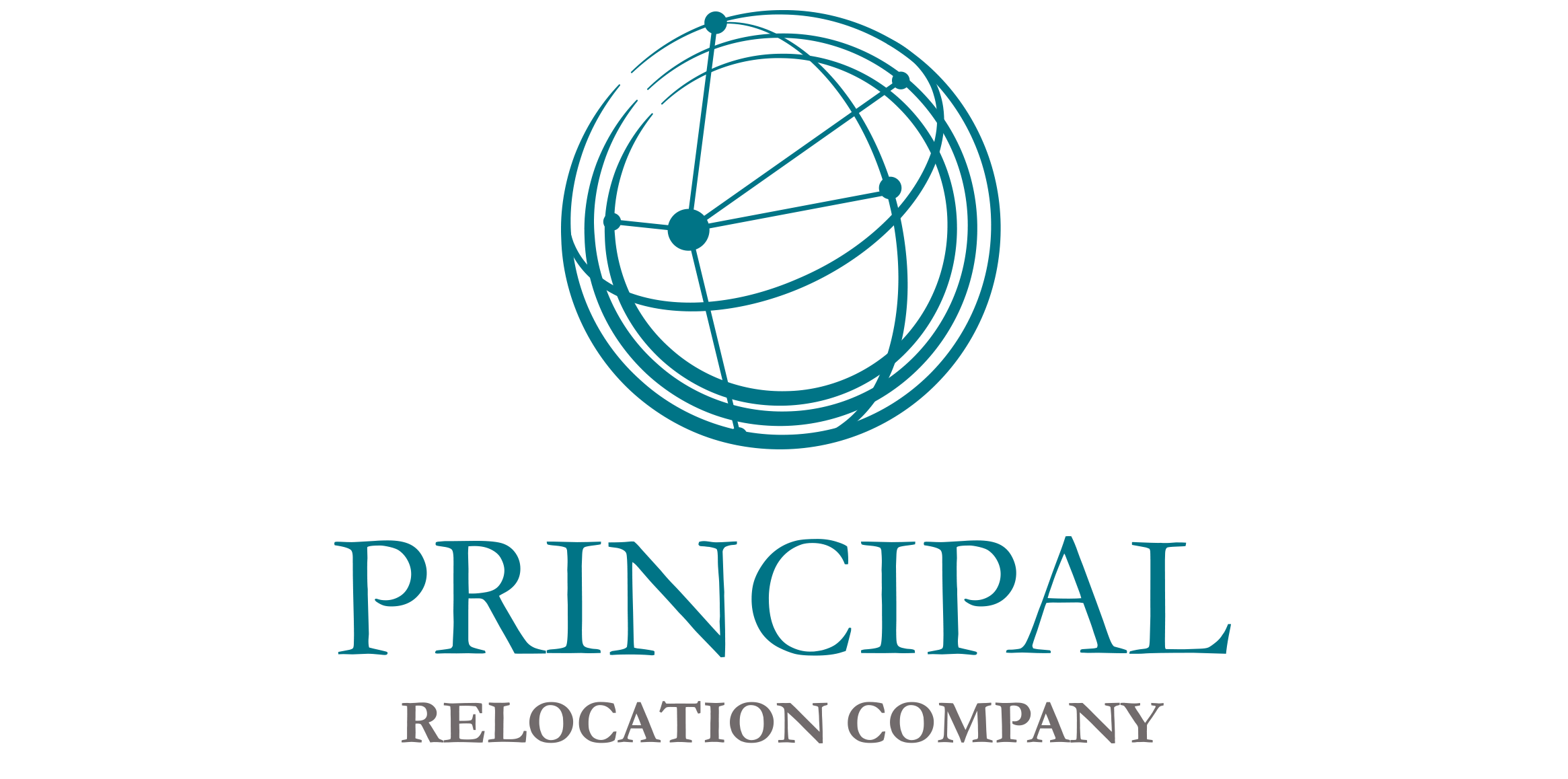
09 Feb Corporate and Business coaching
Organisations have been increasingly using Corporate and Business coaching to help employees, managers and executives achieve professional goals. Coaching methodologies in the workplace have evolved over time. The first “generation” (1990s) focused on performance management. A distinctive feature of the second-generation approach (2000) was the structuring of training programmes geared towards performance development that where planned step by step. These mechanistic approaches do not meet the challenges of the contemporary organisational context, where uncertainty and rapid changes are the norm. Today’s third “generation” uses a Coaching approach that explicitly focuses on improving both the performance and well-being of individuals and organisations in ways that are sustainable and personally meaningful (Coaching: An International Journal of Theory, Research and Practice, 2017)
What added value is the third generation of Coaching bringing to organisations?
This evolutionary approach aims at creating a culture of quality conversations necessary for the challenges faced by contemporary organisations both in Industry 4.0 and in SMEs, in family businesses and in companies where the theme of diversity & Inclusion management requires the definition of clear objectives and the achievement of concrete results.
Is it possible to measure the ROI in Corporate and Business Coaching?
Successfully measuring the ROI for Corporate and Business coaching requires much more than just simply evaluating the results achieved. The most effective ROI processes are comprised of four phases: planning, data collection, data analysis and reporting in agreement with the company. According to the ROI Institute, measuring the ROI for Corporate and Business Coaching will increasingly become an imperative for Coaching organisations and companies so as to pursue the highest standards of responsibility.
The world is changing substantially and fast. This spike in change will continue for a few decades and the imminent risks of the older models are quite evident.
According to recent international studies, while previous generations sought career opportunities and recognition above all else from their leaders, Millennials want equity, ethical behaviour and to make a difference in society.

